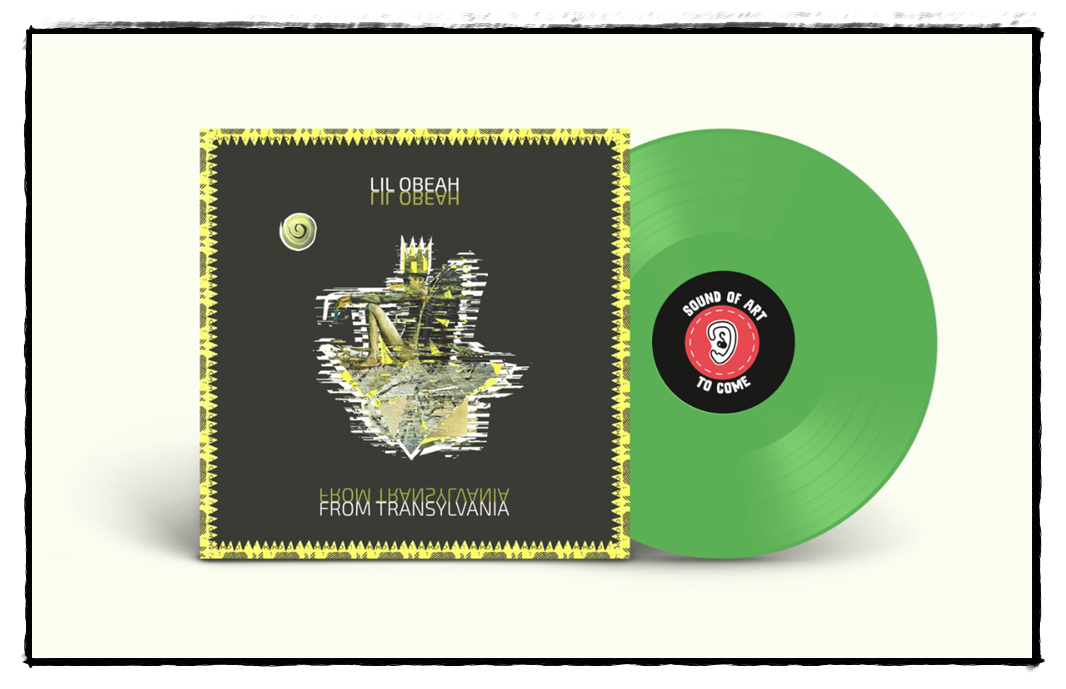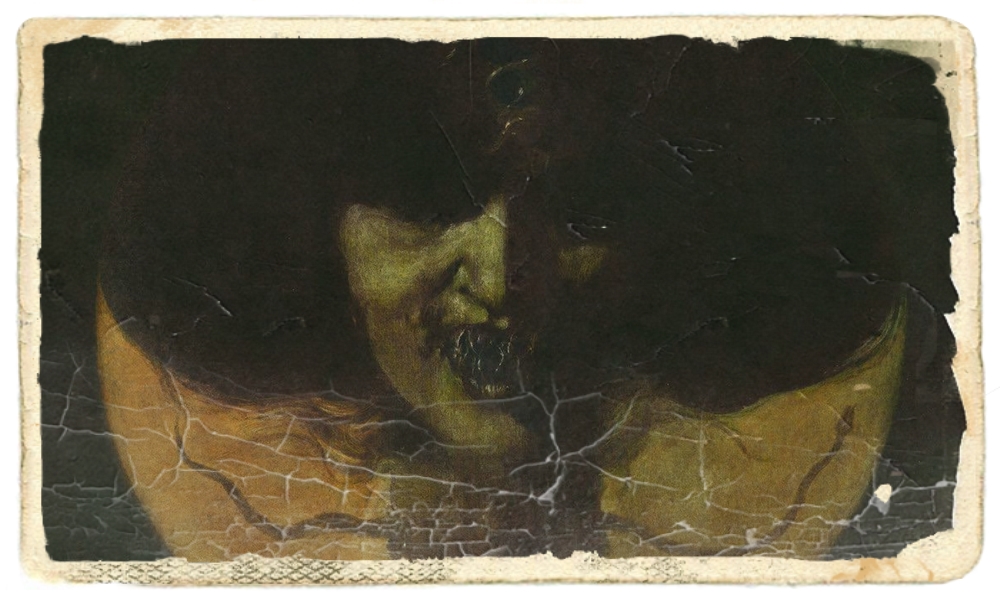Imagine a fire—not one of crackling logs but of pulsing light and sound. Around it, stories unfold not in spoken word alone but through layered harmonies, synth textures, and ancient melodies reimagined for a new age. This is where we find Дeva—Hungarian composer, singer, and sound alchemist Dorina Takács—inviting us to sit down and listen.
Her music bridges the timeless and the contemporary, weaving electronic rhythms with echoes of traditional Hungarian folk. It’s a sonic journey that doesn’t just entertain; it remembers, reflects, and reimagines. With her recent project “Avar”, Дeva creates a landscape both mystical and modern, drawing listeners into an atmosphere where past and present move in tandem.
We joined Dorina for a conversation that flowed just like her music: thoughtful, open, and full of feeling. From her earliest memories of music to the philosophical undercurrents of her sound, this fireside chat (digitally rendered, of course) is a look into the mind of an artist who’s as connected to the soil as she is to the circuit board.
Hi! Hello! Thanks for sitting down with us to talk about music, inspiration, and more! For starters, when did you get the music bug?
Thanks for the opportunity! When I look back at the video recordings from when I was 2-3 years old, it’s clear that the music bug was already there in my life. I was singing, dancing, and then playing on my little plastic keyboard, so my parents knew that after kindergarten, they had to enroll me in a music-focused elementary school.
Can you recall your first-ever musical experience?
The reason I can’t exactly recall my very first memory is because my mom (fortunately) recorded several videos of me with her cassette camera. I don’t know if it’s something I remember firsthand, or if it’s just something I’ve seen in the footage. These videos have become a sort of archive of my early childhood, blending real memories with those captured on film. It’s hard to distinguish between what I truly remember and what has been shaped by watching those recordings over the years.
And if you had to pick one track that shows people who you are as an artist, which one would it be?
‘Witchcraft.’
Is there a specific philosophy or worldview underlying your music?
Every person has a kind of philosophy deep down, believing that they are living their life, but these beliefs gradually—and constantly—evolve. That’s exactly how I feel. Through my songs, I can even express what I was thinking about the world at the time I was writing each particular song. Overall, I believe that as humans, we are small parts of a greater whole, and we carry a tremendous responsibility in how we treat the plants and animals around us (since we’ve already taken control of them).
I’m searching for ways to care for them and for my fellow humans in my environment, all while embracing and not discarding modern digital tools. I see this balance between caring for nature, others, and integrating technology as a way to create a more harmonious world, one that both nurtures and evolves with the times. It’s a journey of reflection, growth, and responsibility, one where my songs and actions are my way of expressing and contributing to this vision.
Take me through your sound design process. Does the conception come first or do the songs evolve naturally – do you have a clear idea of what it will be before you start to make it?
This is always changing; sometimes I capture a feeling in melodies, but there are also times when I just start playing music out of nowhere, and only later does it become clear to me what the song is truly about. It’s a creative process that’s often unpredictable, where the music comes first, and the meaning gradually unfolds as I continue to explore it.
When you start designing a new sound, do you already “hear it in your head” or do you just start noodling the knobs and experiment and see what you can come up with? What was it like for “Avar”?
Mostly, I just start experimenting, and then I start to hear the next steps in my head.
What do you hope listeners take away from “Avar”?
An interest in Hungarian peasant culture, in the peasant way of life, or perhaps just a peaceful afternoon of listening to music, or even moments of dancing through time in an elevated mood.
Can you introduce us to “Avar” creative process? What were your influences on it?
Mostly, Hungarian folk songs grabbed my attention and feelings.
How do you know when a track is ready? Does it ever become difficult to refine ideas or stop perfecting?
A track is never ready. I just have to come to a point when I say it’s ready, and it can’t hunt me in my dreams anymore.
Do you have any specific reference tracks that drive your productions?
Yes, I really love how goa tracks can sound, but I don’t really use them as reference.
There are many descriptions of the ideal state of mind for being creative. What is it like for you?
It’s like flowing. Not thinking about anything else.
What supports this ideal state of mind, and what are distractions? Are there strategies to enter into this state more easily?
Putting away phone (social media can distract me), not being hungry, decent and clean environment.
I also want to ask you about the bands that have been continuous influences for you, but also about new bands and new records that you think are exciting in this scene.
Alt-J (all-time favourite), now: Iorie, Merkaba, Bibio.
Guilty pleasures time. What would you say are some of your current guilty pleasures? All is fair game: food, books, video games, whatever floats your boat. Let us have it.
Kimchi!!!!
Looking to the future, what’s next for you?
What the future holds, I don’t really know yet.
Follow Дeva on:
Facebook | Instagram | Spotify | Youtube
Nicoleta Raicu
Latest posts by Nicoleta Raicu (see all)
- A Fireside Chat with Дeva (If the Fire Was Digital & Folk-Inspired) - April 10, 2025
- Ying Gao’s Futuristic Fashion Comes to Life - March 30, 2025
- A Cyberpunk Dream on Two Wheels, Tribute to Anime & Sci-fi - March 30, 2025




